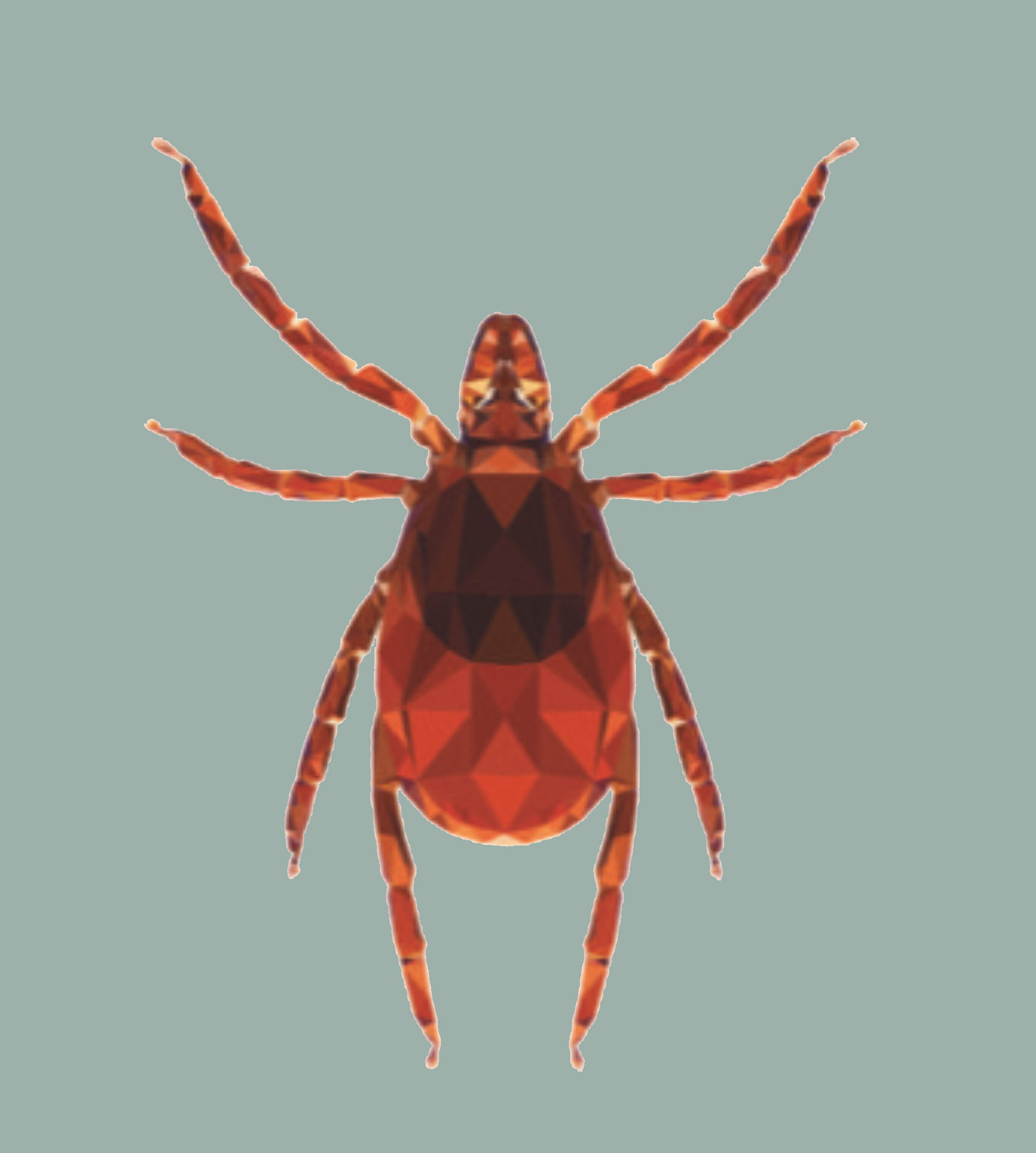
Muddling through life with Lyme disease
This is where I get excited about my life. Or depressed, or confused, or any of the things that make me tick. Speaking of ticks, I was bitten by one in 2014 and contracted Lyme disease, but didn’t start treatment until mid-2015. I started this blog to talk about how I coped. Now I live with my elderly father in Tucson. Being a caretaker while chronically ill is not always easy. I share the highs and lows and everything in between here.
